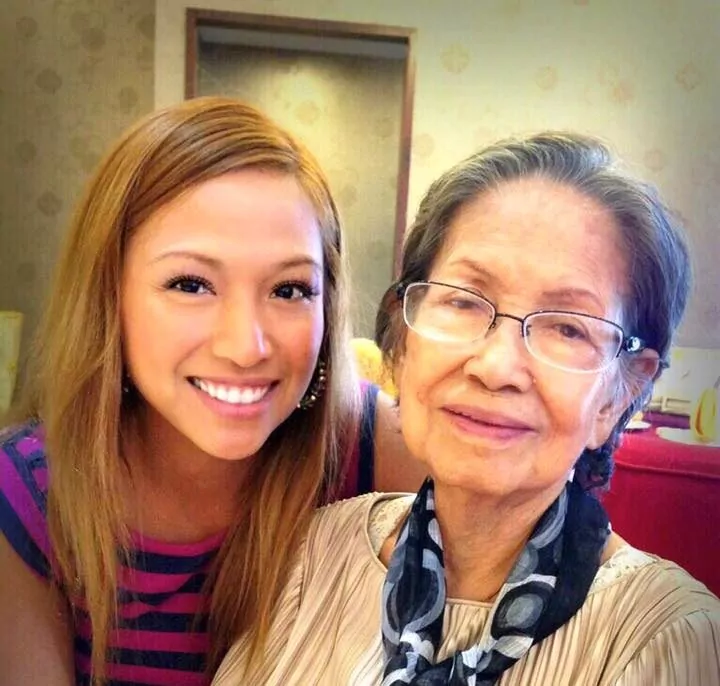The single most important factor in healing from loss is having the support of other people. Even if you aren’t comfortable talking about your feelings under normal circumstances, it is important to talk about them when you’re grieving. Knowing that others know and understand your grieving will make you feel better, less alone with your pain, and will help you heal.
Finding support after a loss
Friends
Let people who care about you take care of you, even if you take pride in being strong and self-sufficient. Especially when you live away from family, true friends can offer shoulders for you to cry on until you begin to recover.
Family
The death of a relative can create a path for reunion, and even reconciliation, among surviving relatives. (It can also tear families apart, especially in the case of a sudden or violent death, so it’s important to be sensitive to one another’s approaches to grief and to refrain from accusation.) Sharing your loss can make the burden of grief easier to carry. Reminiscing about the person all of you lost may help everyone recover. If you’ve lost a friend or spouse, family members can form a caring community.
Your faith community
If you follow a religious tradition, embrace the comfort its mourning rituals can provide. Allow people within your religious community to give you emotional support. If you’re estranged from your faith community or have none, this may be a good time to reconnect or to explore alternatives.
Support groups
There are many support groups for people who are grieving, including specialized groups (such as, people who have lost children, survivors of suicides).
Therapists and other professionals
Talking with a psychotherapist or grief counselor may be a good idea if the intensity of your grief doesn’t diminish over time- that is, months go by and you still have physical symptoms, such as trouble with eating or sleeping; or your emotional state impairs your ability to go about your daily routine.
Wherever the support comes from, accept it and do not grieve alone. One of the key elements of healthy grieving is allowing your emotions to surface in order to work through them. In the long run, trying to suppress your feelings in the hope that they’ll fade with time won’t work. Blocking the grieving process will delay or disable your ability to eventually recovery.
If people don’t know what they can do to help, tell them – whether it’s going with you to a movie, cooking a meal for you, or just holding you as you cry. If someone is uncomfortable with your displays of emotion or your need to talk about the person you lost, gently let him or her know that talking out your grief is part of your healing process.
Helping yourself cope with grief and loss
- Express your feelings in a tangible or creative way. Write about your loved one in a journal, or write the person a letter saying the things you never got to say. Create a scrapbook or artwork about the person; create an appropriate memorial in his or her honor (for example, if the person loved flowers, plant or fund a garden); get involved in a cause or organization that was important to him or her.
-
Take care of yourself physically. Get enough sleep, eat sensibly, and engage in regular exercise. Do not use alcohol or drugs to numb the pain of grief or lift your mood artificially. (That may even apply to antidepressants meant to ease the sadness of grief; because grief, unlike depression, is not a disorder, masking the pain with meds may be less productive than working through the sadness.) Healthy habits will help you with grieving, but substance use will impede recovery and can lead to long-term dependence
-
Don’t let other people tell you how to feel, and don’t tell yourself how to feel either. Your grief is your own, and no one else can tell you when it’s time to “move on” or “get over it.” At the same time, it’s okay to be angry at the person who died, to cry every day if you need to, to yell at the heavens without being embarrassed. Conversely, it’s okay to laugh, too.
- Plan ahead. Anniversaries, holidays, and milestones in life can be particularly challenging. Be prepared for an emotional wallop, and know that it’s completely normal. If you’re sharing a holiday or lifecycle event with other relatives, talk to them ahead of time about their expectations and agree on strategies to honor the person you loved.
Related Articles:
Copyright © 2022 SeniorCareHomes.com. All Rights Reserved.
Catharine “Kate” is a Certified Administrator for Residential Care Facilities for the Elderly (RCFE) and an Expert Senior Care Advisor. Kate’s grandmother battled Alzheimer’s Disease and Kate personally understands what millions of families are going through. Kate and her team are very passionate in empowering Seniors and their families by providing them with the Best Available Senior Care Options based on Senior’s care needs, preferred location and family’s budget.



